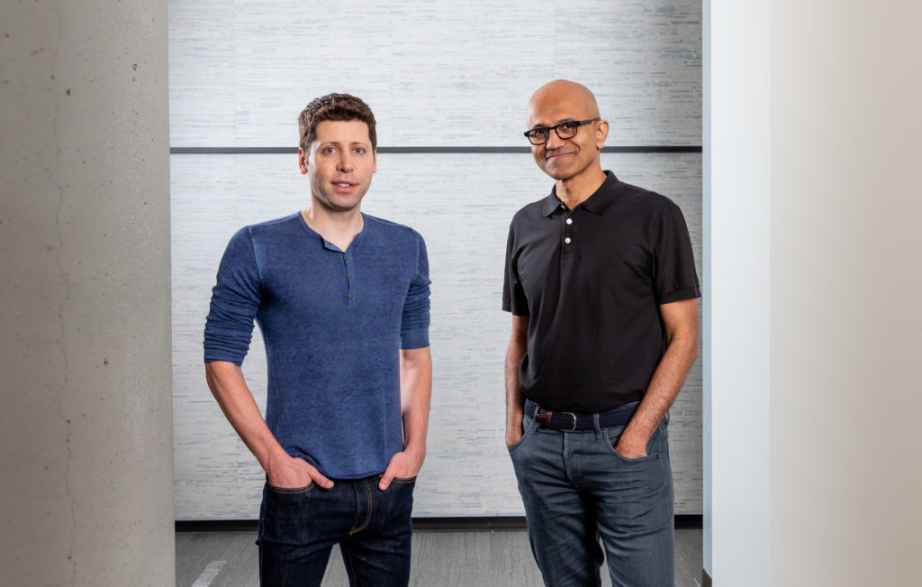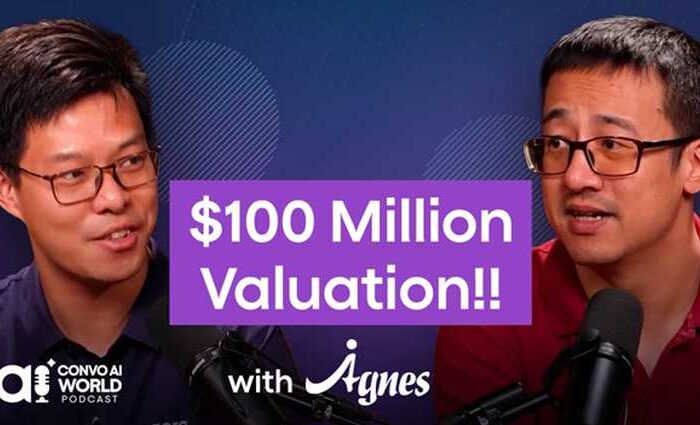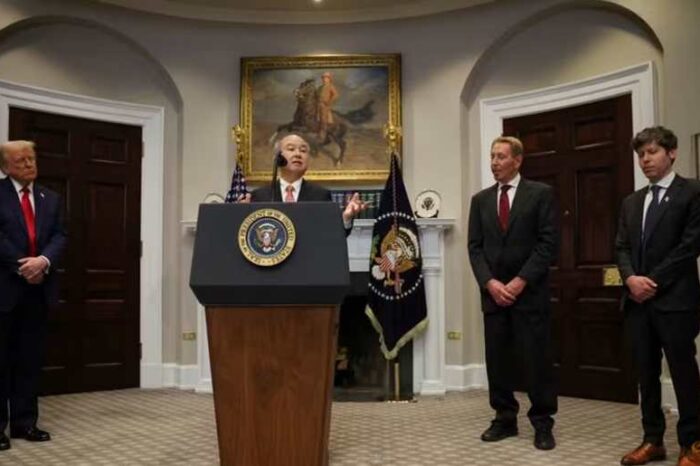Microsoft extends strategic partnership with OpenAI, charting AI’s future through 2030

Microsoft announced on Tuesday that it has renewed and expanded its strategic partnership with OpenAI, setting the stage for advancements in artificial intelligence through the end of the decade. The partnership, which began in 2019, now enters a new phase, underscoring both companies’ commitment to innovation and collaboration.
The partnership includes Stargate Project, a newly launched company planning to invest $500 billion over the next four years to develop cutting-edge AI infrastructure for OpenAI across the United States.
A Shift in the AI Landscape
The announcement follows recent reports suggesting that OpenAI and Microsoft were renegotiating their agreement to address a key clause related to artificial general intelligence (AGI). The clause currently limits Microsoft’s access to OpenAI’s most advanced AI models in certain scenarios. If removed, this could open the door for deeper collaboration and further investments—building on Microsoft’s existing $13 billion backing of OpenAI projects.
“We are thrilled to continue our strategic partnership with OpenAI and to partner on Stargate. Today’s announcement is complementary to what our two companies have been working on together since 2019,” Microsoft said in a blog post.
What’s Staying the Same
Microsoft will continue to leverage OpenAI’s technology to enhance its products, including popular tools like Copilot. This integration allows customers to access cutting-edge AI tailored to their specific needs, positioning Microsoft as a leader in delivering practical AI applications. OpenAI’s API will also remain exclusive to Microsoft’s Azure platform, ensuring that Azure OpenAI Service customers benefit from the latest advancements in AI directly from OpenAI while enjoying seamless integration with Microsoft’s cloud ecosystem.
“The key elements of our partnership remain in place for the duration of our contract through 2030, with our access to OpenAI’s IP, our revenue sharing arrangements and our exclusivity on OpenAI’s APIs all continuing forward.”
The companies have also maintained their revenue-sharing agreements, enabling both to capitalize on the growing adoption of AI models. This mutually beneficial arrangement reinforces their commitment to driving innovation while sharing the rewards of increased usage. As a major investor, Microsoft continues to play a pivotal role in OpenAI’s growth by providing funding and infrastructure support, which strengthens their collaboration and positions both companies to capitalize on the future of AI.
What’s New in the Partnership
In addition to maintaining existing elements, the partnership introduces several updates that reflect both companies’ evolving needs. OpenAI has made a significant new investment in Microsoft’s Azure platform, further cementing its role as the backbone for OpenAI’s products and training activities. This deepened commitment ensures that Azure will remain central to OpenAI’s operations, from powering day-to-day applications to supporting large-scale model training.
Another notable change is the introduction of a right of first refusal (ROFR) for Microsoft on new AI infrastructure capacity. This gives Microsoft priority access to OpenAI’s future expansions, ensuring it stays at the forefront of AI innovation. Simultaneously, OpenAI now has the flexibility to build additional capacity primarily for research and model training, which supports its broader mission of advancing AI capabilities.
Looking Ahead
The partnership highlights Microsoft’s ongoing ambition to be a leader in the AI space while reinforcing its symbiotic relationship with OpenAI. By continuing to collaborate on projects like Stargate and expanding their shared vision, both companies aim to drive AI innovation that transforms industries and empowers businesses globally.
As AI continues to evolve, this alliance positions Microsoft and OpenAI at the forefront, bridging research breakthroughs with real-world applications and setting a strong foundation for the future of AI.




